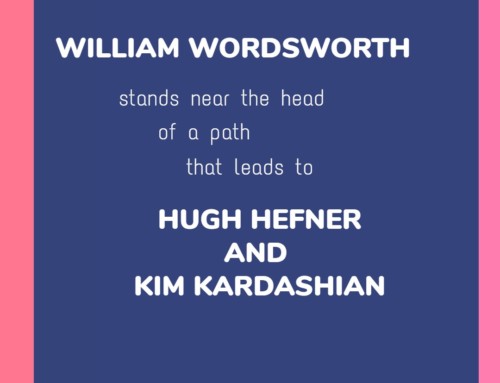National Review recently published back-to-back themed issues, the first “In Defense of Markets” and the second, “Against Socialism.” I toss most issues once I’ve read them, but I keep these two around.
I would gladly let my fellow citizens vote for all the socialism they like if it didn’t obligate me to live with their choices. I’m pretty sure they’d wish to turn it all around after it all ripened into what it always ripens into. Alas, there’s a lot more pain before such turnarounds happen.
But how to make the case?
In the “Markets” issue, one writer cited his conversation with journalist Michael Novak, just before Novak’s death:
“[H]e expressed his regret that socialism was undergoing a revival in America. ‘Well,’ Novak said wearily, ‘I guess you’re going to have to re-explain — yet again — all the problems . . . Apparently someone has to do it [pause] every [pause] single [pause] generation.’”
Thus Novak’s book The Spirit of Democratic Capitalism, came to my attention.
I turned the text yellow with highlights.
Crediting thinkers such as Adam Smith and James Madison, Novak beautifully explains that successful democratic capitalism rests on three separate systems, each of which supports and competes with the other. We need a democratic legal system, which provides stability, but refrains from central planning. We need a moral-cultural system, which influences but doesn’t control human behavior. 1 And we need a free economic system, its energy and creativity unleashed by the other two. Each system exerts pressure on the others, steadying the whole like a well-staked tree.
Novak answers the common objections to the system, and here are a few:
But isn’t Christianity, at its heart, socialist?
What about inequality? 2
Surely we should rise above self-interest.
Socialism aims for utopia, 3 but never fulfills that promise. Democratic capitalism aims for practicality. Our founders “did not expect the earthly city to be pure. Instead of trying to cleanse the earth of sin, they set out to construct a framework of laws, institutions, and plural purposes, within which no one sector, and no one interest, might impose unitary dominance.”
What they achieved was a society where fallible humans rose above the misery and want that humans had accepted as their lot for millenia. 4
Novak wrote Spirit of . . . in the 1980s. It wasn’t his last word on the subject; you’ll be hearing about him again on this blog. The second half of his book is rougher going than the first, but learning economics at his knee is like looking at the night sky with somebody who can explain all those sparkly dots up there.
Image created on Snappa.com
- [M]oral virtue is a significant part of self-interest. Thus, a free society, without aiming so high as perfect virtue, must insist upon a core of common indispensable morality and can under suitable checks and balances wrest a reasonable degree of goodness, decency, and compassion from less than perfect materials. p. 80
- Nature itself generates inequalities of looks, stature, intellect, and heart. Should a good society repress inequalities or should it respect them, while teaching cooperation and respect? Democratic capitalism is loathe to repress natural human energies which manifest obvious inequalities . Such energies are perennial, universal, and irrepressible; the attempt to repress them breeds yet more dangerous evils. Yet even persons in many ways unequal to one another may respect one another in other ways as equals, may cooperate, and seek mutual benefit. Any society which does not promote and support its best natural leaders punishes itself and weakens its probabilities of survival and progress. In all fields, genius is rare and high talent is in relatively short supply. Any political economy which wishes to be as creative as possible must try to invent a system which permits persons of talent in all fields to discover their talents, to develop them, and to find the social positions in which their exercise bears maximal social fruit. p. 83
- For the full exercise of their humanity, being both finite and sinful, free persons require pluralist institutions. Such structures will not produce utopia. They will not eliminate sinfulness from human life. The expectation of sinfulness in every social order makes pluralism necessary. p. 70
- Once Smith’s ideas began to be carried out, wherever their writ ran famine was eliminated and the idea that material improvement is possible began to grip the imagination of the world. p. 77







Leave A Comment